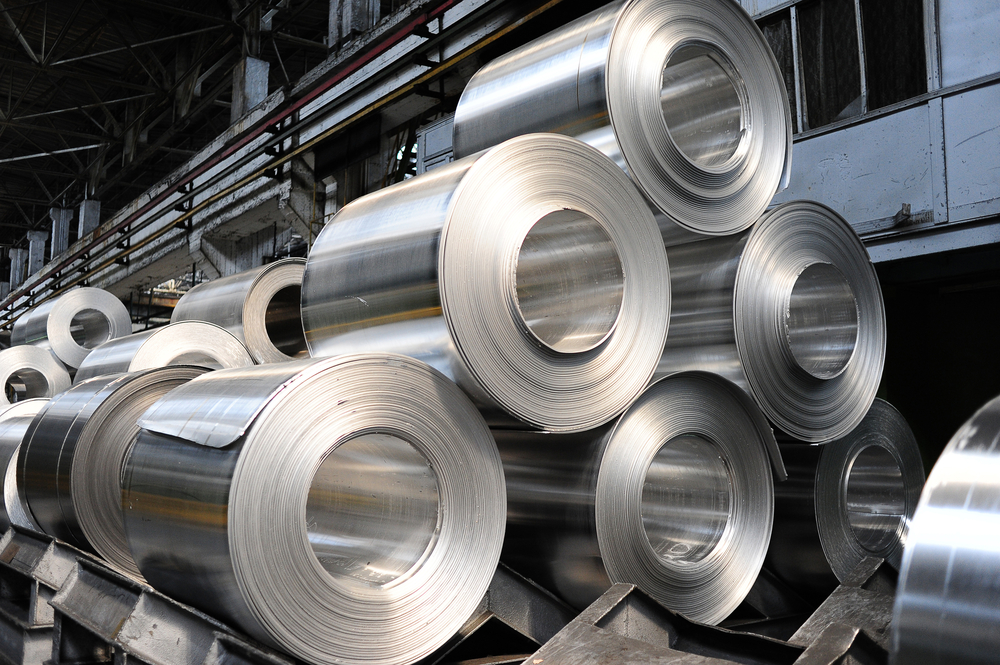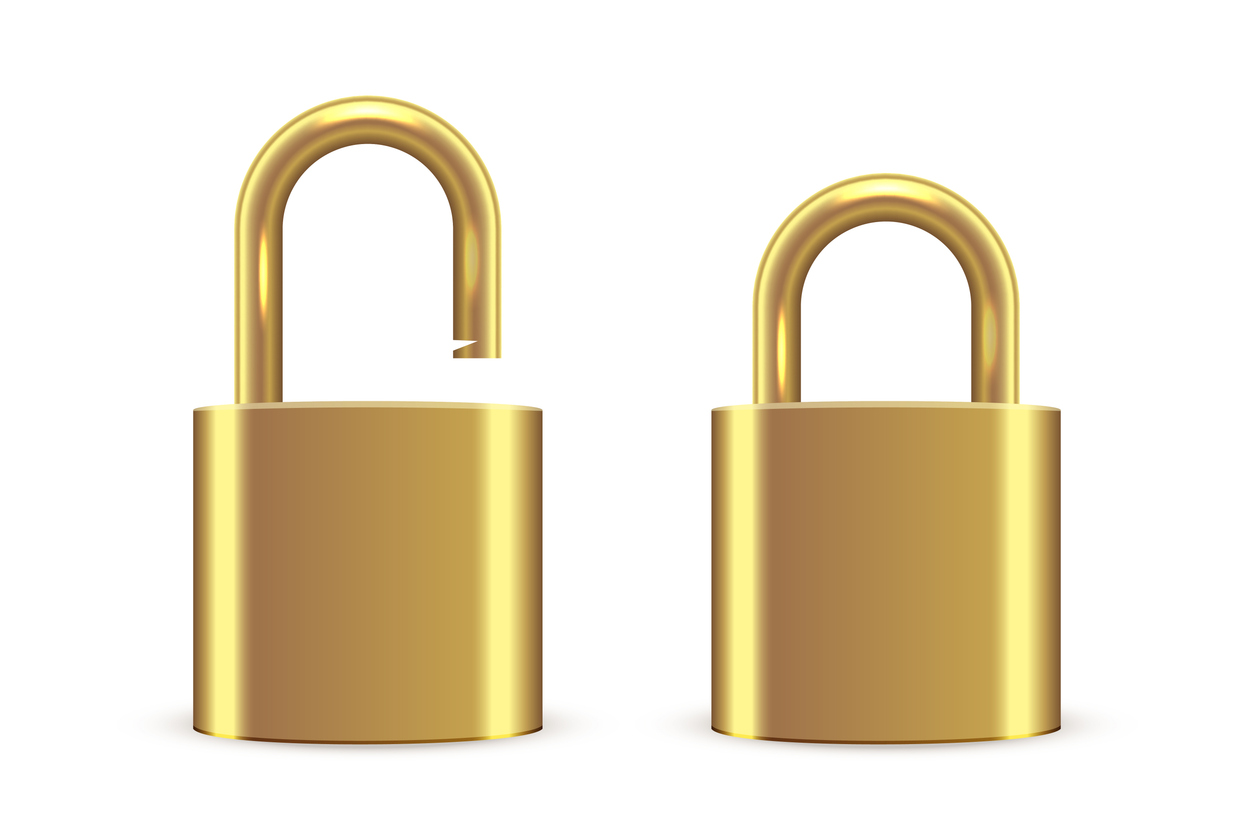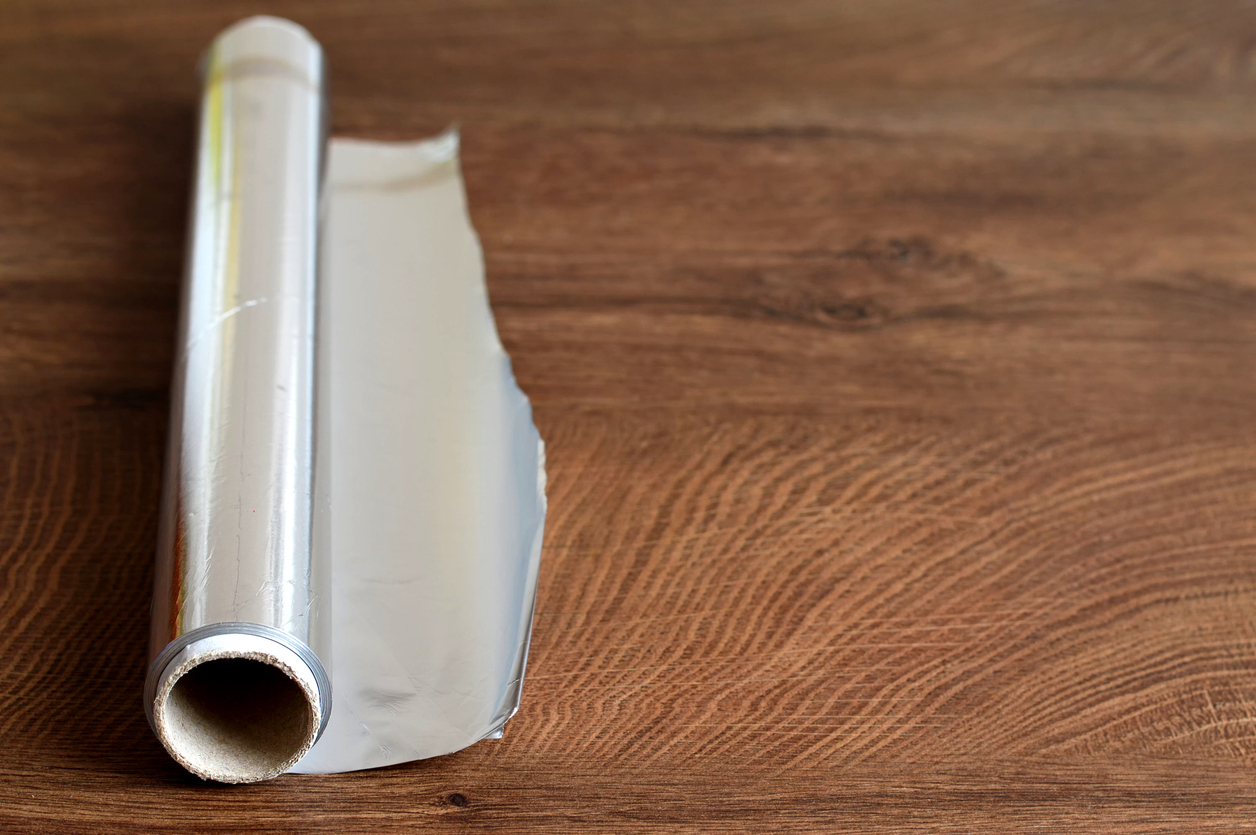Six Steps to Buying and Exporting Raw Aluminum from South Africa
Six Steps to Buying and Exporting Raw Aluminum from South Africa
Raw aluminum is an unprocessed form of the metal that is shipped from smelters directly to processing and exporting firms. Raw aluminum is not used in finished goods but rather as a raw material for making alloys, foil, and other fabrication items. South Africa has become a leader for exporting raw aluminum due to its rich natural resources. To import and export raw aluminum effectively, it’s important to understand regulatory procedures, shipping standards, and trading practices. This blog article will walk you through the process of buying and exporting raw aluminum from South Africa. If you are interested in importing or exporting this metal from South Africa or any other country, continue reading the following tips and advice.
Step One: Find a Reputable Supplier
When sourcing raw aluminum from suppliers in South Africa, it’s important to find a reputable company with a proven track record. Reputable suppliers will be able to provide documentation to verify the origin of their goods, as well as provide a certificate of analysis. It’s also important to vet potential suppliers for their shipping schedule and transportation method. This will ensure the aluminum can be delivered in a timely manner. In addition, it will also provide insight into how the supplier transports the product, which can be useful when determining the best shipment method. It’s also important to select a supplier that offers a variety of grades, shapes, and sizes of aluminum. This will allow you to select the best option based on your specific needs. An experienced supplier will also be able to provide advice on the best grade of aluminum for a particular application.
Step Two: Determine if a License is Required
If buying raw aluminum from an exporter in South Africa, then you may need to obtain a license. The type of license required will depend on the end use of the product. If the aluminum is for manufacturing goods for sale within the local market, then you may not need a license. If the aluminum is intended for export, you will need to apply for a Single-Ended Scheme (SES) license from the Department of Trade and Industry in South Africa. If the aluminum is for use in the manufacture of goods for local sales, then you will need to apply for a Double-Ended Scheme (DES) license from the same department.
Step Three: Select the Best Shipment Method
The best shipment method for your raw aluminum will depend on the quantity, grade, and quantity delivered. If the supplier has a minimum order quantity, then the shipment method will also be based on the delivery time frame. It’s important to discuss your shipping requirements with the supplier to ensure the best method is selected. If the quantity is less than a container load, it’s best to use a multimodal transport method. This will allow you to maximize your shipping costs by combining the transport of your aluminum with other products. Depending on the grade of the aluminum, it may be shipped by sea or rail. Low-grade aluminum may also be transported by truck.
Step Four: Ensure the Inventory is Accurate
Before you sign off on the export documents, make sure the inventory matches the documents. This is the best way to reduce the risk of any potential issues. You will also want to verify the grade, quantity, and type of aluminum that is listed on the documents. When all of these details are accurate, it makes the customs clearance process much smoother.
Step Five: Create the Export Documents
After you’ve verified the inventory and the documents, it’s time to create the export documents. The type of documents will depend on the grade and end use of the product. If the grade is low, then you will want to select either a T-2 or T-4 form. If the grade is high, then you will want to select a T-1 or DES-T form. If the aluminum is for an end use that requires an import license, then you will also want to include a copy of the license. If the aluminum will be exported under a License Exemption Scheme, then you will want to select an EL-1 form.
Step Six: Handle Customs and Shifting Regulations
Once the aluminum has been imported and exported, it’s important to stay up to date on shifting regulations. This will help to ensure your shipments are not delayed or even refused at the border. You can stay informed on regulations by reading industry publications and attending conferences. It’s also important to network with other individuals in the industry to stay connected with industry trends.
Conclusion
Buying and exporting raw aluminum can be an exciting and profitable venture. In order to make sure your transactions go smoothly, it’s important to follow these six steps. When you select a reputable supplier, determine if a license is required, select the best shipment method, ensure the inventory is accurate, create the export documents, and handle customs and shifting regulations, you will be well on your way to success.








LEAVE A COMMENT
You must be logged in to post a comment.